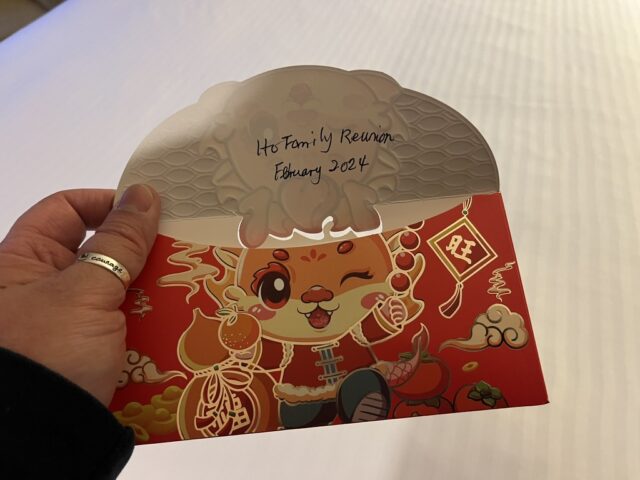A Tipping Point

February 25, 2024 – A Critical Conversation
As much as I would like to say that I’ve celebrated the Lunar New Year with a mini-family reunion in Vancouver last weekend, but I got sick and spent my time isolating myself in a hotel room with hopes of feeling better to fly back on my return flight. Not the best way to spend my time or money, but I did have one critical conversation with one of my aunties that served as a tipping point to move forward with my research program investigating my heritage, family history, and ethnic identity. In doing so, how does this understanding impact my understandings and implementation of policies in BC education relating to anti-racism, decolonization, and curriculum.
I’ve just celebrated 5-years of service at the university. The last 5-years entailed many ups and downs, personally and professionally. In all of that, I had to learn more about myself. I never thought when I had left teaching over a decade ago, that I would be on a pedagogical journey that extended beyond life as a doctoral student and school trustee. It’s almost like I had to unravel in a way to find myself again. Now, I’m in a place where I want to learn more. My co-author and I will be returning to a recently submitted manuscript on our ethnic identity as second-generation Asian Canadian women growing up in northern BC and becoming BC educators to make revisions.
That writing experience opened a pandora’s box. There’s a part of me that is very interested in Chinese immigrants to BC and understanding how Chinese people are perceived in BC. After George Floyd’s death and the pandemic, Chinese people are racialized and marginalized in ways that I’ve never seen before. Even as “advanced” as we may believe that we are with racism in Canada, I have experienced lateral violence, micro-aggression, and hate that I have no words to rhyme or reason why it would happen. I learned in the last year that I’ve been living my life as a model minority and that people don’t get recognized for doing good deeds for others.
That said, I also struggled with the idea of being assimilated into Canadian culture (by my parents) through policy such that I have no language, no culture, and no understanding of what it means to be Cantonese. I was also positioned in my family as “number 3” of three children where I had always perceived my older sister as “number 1” and my twin brother as “number 1a.” Even though I felt this way for more than half a century, it was sadly confirmed by one of my aunties at this mini-reunion I missed most of last weekend. She said that she noticed this “mistreatment” and had once approached my dad about the issue when I was young. It did not go well.
What I know for sure is, this is a journey I need to pursue further. This conversation I had with my aunty was instrumental to understanding that this feeling within my family (and my identity) was not in my head. It was real. My deep desire to seek approval from my father was real and that need sadly transcended into everything else in my life which essentially meant abandoning my values and beliefs to seek the approval of others. This is not belonging. It’s taken me some time to realize that true belonging is to belong to oneself, to love oneself, and to accept oneself. I am now determined to learn more about my family as part of my research program